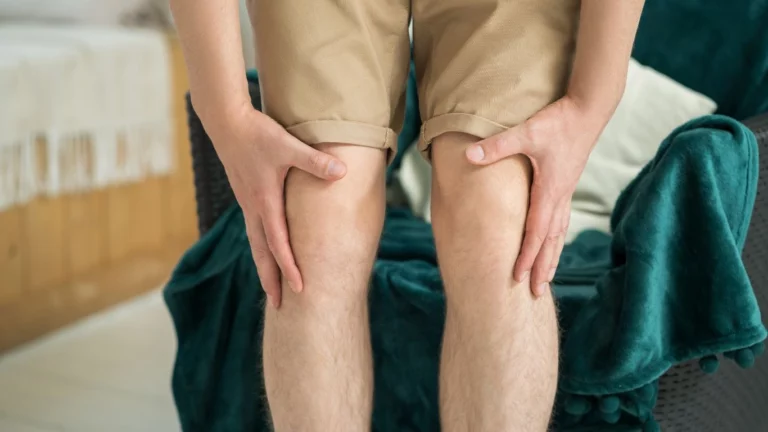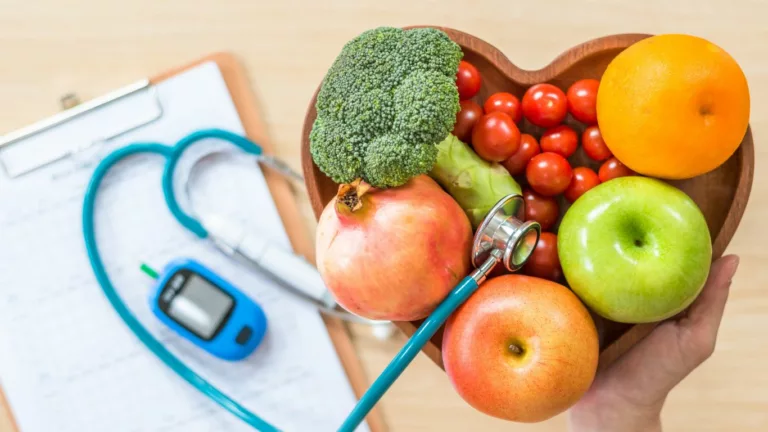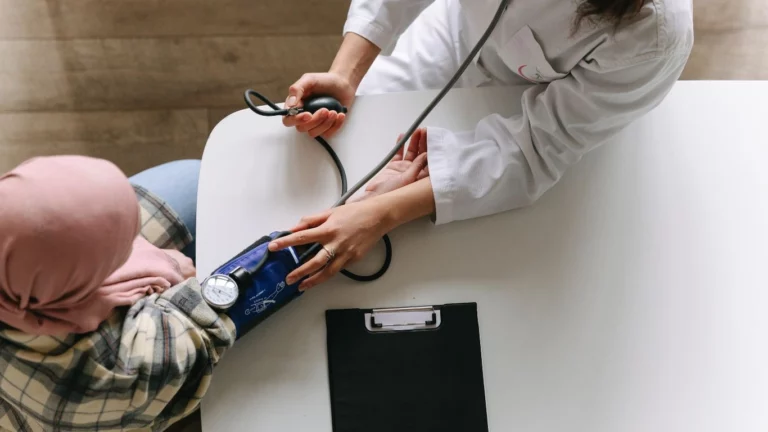GERD and Burning Throat: Understanding Symptoms and Effective Remedies
Understand why GERD causes a burning throat and explore effective remedies to manage symptoms. This guide covers causes, treatments, and preventive tips to improve your digestive health.
Gastroesophageal reflux disease (GERD) is a chronic digestive condition where stomach acid frequently flows back into the esophagus, causing discomfort and other symptoms. One of the most troubling symptoms of GERD is the burning sensation in the throat, which can significantly affect your quality of life. In this guide, we’ll explore the causes of GERD-related burning throat, its symptoms, and various remedies to alleviate the discomfort.

Understanding GERD and Burning Throat Symptoms
The burning throat associated with GERD occurs when stomach acid travels up the esophagus and irritates the delicate tissues of the throat. This is often referred to as acid reflux. Persistent exposure to stomach acid can lead to complications if left untreated, making it essential to recognize and address symptoms early.
Common Symptoms of GERD
The symptoms of GERD vary from person to person, but common indicators include:
- Heartburn – a burning sensation in the chest and throat
- Sore throat or hoarseness
- Regurgitation of food or sour liquid
- Difficulty swallowing
- Chronic cough or the feeling of a lump in the throat
Why GERD Causes a Burning Throat
When the lower esophageal sphincter (LES), a ring of muscle that acts as a valve between the esophagus and stomach, fails to close properly, stomach acid can escape. This acid irritates the esophageal lining and throat, resulting in the characteristic burning sensation.

Effective Remedies for GERD-Related Burning Throat
Managing GERD and its symptoms often involves a combination of lifestyle changes, dietary adjustments, and medications. Here’s how you can address the burning throat caused by GERD:
1. Adopt a GERD-Friendly Diet
Certain foods can trigger acid reflux, exacerbating GERD symptoms. Avoiding these foods and incorporating GERD-friendly options can help:
- Avoid: Spicy foods, citrus fruits, chocolate, caffeine, alcohol, and fried or fatty foods.
- Include: Non-citrus fruits, vegetables, lean proteins, whole grains, and low-fat dairy products.
2. Elevate Your Head While Sleeping
Gravity can help prevent stomach acid from traveling back into the esophagus. Use a wedge pillow or elevate the head of your bed by 6-8 inches to reduce nighttime reflux.
3. Stay Upright After Meals
Avoid lying down for at least 2-3 hours after eating. This allows food to digest and reduces the risk of acid reflux.
4. Chew Sugar-Free Gum
Chewing gum increases saliva production, which can neutralize stomach acid and soothe the throat.
5. Use Over-the-Counter Medications
Antacids, H2 blockers, or proton pump inhibitors (PPIs) can help reduce stomach acid production and provide relief from burning throat symptoms. Consult a healthcare provider before using these medications regularly.
6. Stay Hydrated
Drinking water can dilute stomach acid and flush it from the esophagus, providing temporary relief from the burning sensation.

Preventive Tips for GERD Burning Throat
Prevention is the best strategy for managing GERD and its symptoms. These tips can help minimize the risk of acid reflux:
1. Maintain a Healthy Weight
Excess weight puts pressure on your stomach, increasing the likelihood of acid reflux. Losing weight through a balanced diet and regular exercise can significantly reduce symptoms.
2. Avoid Tight Clothing
Tight belts or waistbands can compress the stomach, pushing acid into the esophagus. Opt for loose-fitting clothing to stay comfortable and symptom-free.
3. Quit Smoking
Smoking weakens the LES and increases acid production, worsening GERD symptoms. Quitting smoking can improve overall health and reduce reflux.
4. Limit Large Meals
Overeating can put pressure on the LES, leading to reflux. Eat smaller, more frequent meals to avoid overloading your stomach.
Conclusion
The burning throat caused by GERD can be distressing, but it’s manageable with the right approach. By understanding your triggers, making lifestyle changes, and seeking medical advice when necessary, you can effectively control GERD symptoms and improve your quality of life.
FAQs
- Can GERD-related burning throat lead to complications? Yes, untreated GERD can cause complications like esophagitis, Barrett’s esophagus, or even esophageal cancer in severe cases. Early management is crucial.
- Are natural remedies effective for GERD? Certain natural remedies, like ginger tea or aloe vera juice, may provide relief, but they should complement medical treatment, not replace it.
- When should I see a doctor for GERD? If symptoms persist despite lifestyle changes or worsen over time, consult a healthcare provider for a proper diagnosis and treatment plan.
Disclaimer: This article is for informational purposes only and does not substitute professional medical advice. Always consult a healthcare provider for personalized guidance.

Camellia Wulansari is a dedicated Medical Assistant at a local clinic and a passionate health writer at Healthusias.com. With years of hands-on experience in patient care and a deep interest in preventive medicine, she bridges the gap between clinical knowledge and accessible health information. Camellia specializes in writing about digestive health, chronic conditions like GERD and hypertension, respiratory issues, and autoimmune diseases, aiming to empower readers with practical, easy-to-understand insights. When she’s not assisting patients or writing, you’ll find her enjoying quiet mornings with coffee and a medical journal in hand—or jamming to her favorite metal band, Lamb of God.







